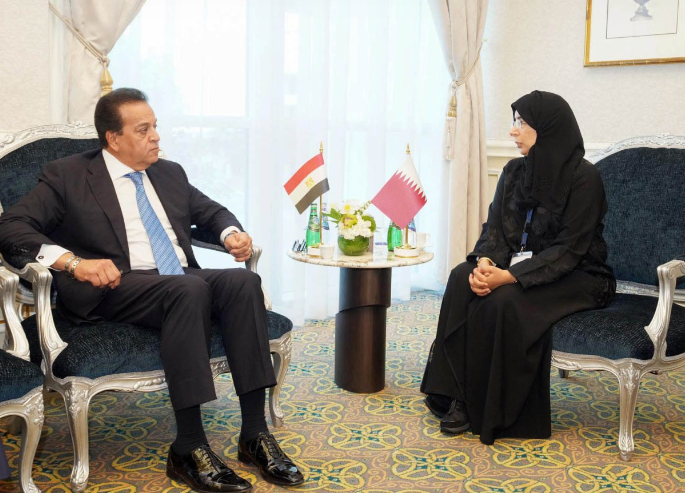
In a significant step towards enhancing regional public health collaboration, held high-level discussions with her counterparts from Egypt, Sudan, and Somalia. These discussions aimed at fortifying mutual cooperation to tackle pressing health challenges in the region, with a focus on infectious diseases, healthcare infrastructure, and capacity building.
At the heart of the discussions was the need for shared strategies to confront regional health challenges, particularly in light of the COVID-19 pandemic and its lingering impacts on African health systems. Recognizing that health issues transcend national borders, Dr. [Name] stressed the importance of regional partnerships to mitigate the spread of infectious diseases like tuberculosis, malaria, and newly emerging viral threats.
She noted, Public health security can only be guaranteed through solidarity and shared efforts. Our common fight against diseases, food insecurity, and malnutrition requires deepened cooperation. The geographical proximity of our nations makes it essential to collaborate on every aspect of healthcare delivery.
The collaborative agenda was structured around three main areas: disease surveillance and response, healthcare system strengthening, and training of healthcare professionals.
With cross-border movement of people and goods at an all-time high, infectious diseases have become a pressing concern in the region. The ministers discussed the establishment of joint disease surveillance systems, improving laboratory networks, and ensuring the timely exchange of information regarding potential outbreaks. The initiative would enable the involved countries to rapidly respond to health crises and reduce the spread of communicable diseases.
The partnership also aims to streamline vaccination campaigns and develop emergency protocols that will be jointly implemented in case of an outbreak. This initiative is expected to particularly focus on curbing the re-emergence of diseases like cholera and Ebola, which have posed persistent threats in some parts of the African continent.
An essential pillar of the cooperation discussed was the need to invest in healthcare infrastructure across all four nations. Dr. [Name] emphasized that while each country faces its unique healthcare challenges, there are common issues such as inadequate healthcare facilities, lack of access to modern medical technologies, and challenges related to medical supply chains.
The Health Ministers from Egypt, Sudan, and Somalia all acknowledged that building strong, resilient healthcare systems is key to improving health outcomes. Egypt, with its relatively more developed healthcare infrastructure, offered to assist in the transfer of technical expertise and advanced medical technology to Sudan and Somalia, two nations that are still rebuilding their health systems after years of conflict and instability.
Sudan and Somalia, on the other hand, expressed a strong desire to learn from Egypt’s experience, especially in terms of healthcare management and service delivery, to improve healthcare access in underserved regions. Egypt’s Health Minister, Dr. Khaled Abdel Ghaffar, stressed the need for sustainable medical interventions, stating, Our efforts must be both proactive and reactive. We need to build systems that will serve our populations long after crises have passed. A third key area of the discussions centered around the development of human resources for health. Shortages in skilled healthcare workers have long plagued African countries, hampering their ability to deliver quality health services. This issue has been compounded by the migration of health professionals to more developed regions in search of better opportunities.
The ministers agreed to foster stronger partnerships in training and retaining healthcare workers within the region. Joint medical training programs, as well as exchange programs for doctors, nurses, and technicians, were proposed as ways to build the human capacity needed to meet regional health demands.

